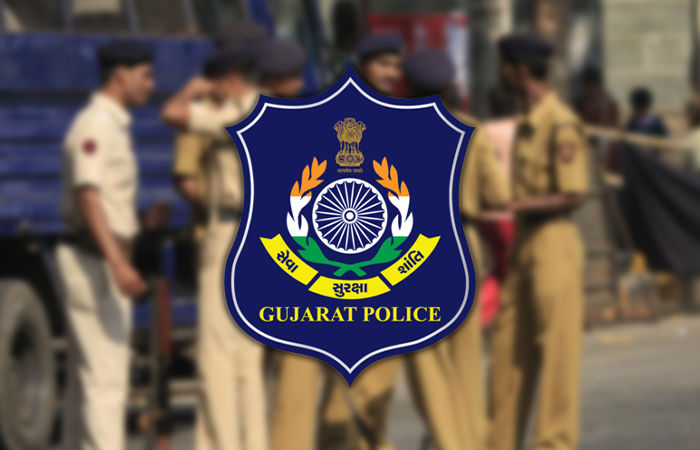The Gujarat Police has put forward a proposal to make begging on city streets a punishable offence, aiming to ensure smooth traffic flow and protect citizens from harassment at busy junctions.
Inspired by successful initiatives in Madhya Pradesh and Karnataka, the proposal is part of a larger plan involving multiple government departments working together for state-wide implementation. The move will be rolled out first in Ahmedabad, Surat, Vadodara, and Rajkot, before expanding to other areas.
Focus on Safety and Rehabilitation
“Begging at traffic signals not only obstructs traffic but also poses serious safety risks and often leads to aggressive interactions with commuters,” said Additional DGP Ajay Choudhary. He emphasized that the aim is to enhance public safety, not just maintain cleanliness. “We want to implement this policy sensitively, with a focus on rehabilitation for those forced into begging,” he added.
The initiative comes in response to a growing number of complaints from motorists about beggars knocking on windows, demanding alms, and in some cases, verbally abusing drivers when refused.
Rehabilitation at the Core
Rather than simply criminalising poverty, the proposal puts rehabilitation before punishment. The state is partnering with the Social Justice Department, Education Department, and NGOs to offer shelter homes, education, and support services for children and vulnerable adults caught in begging networks.
Plans include:
Expanding shelter home facilities
Cracking down on begging mafias
Providing education and alternative livelihoods
Rescue Operations Already in Progress
A senior police official revealed that rescue efforts are already underway. “We’ve rescued several children from begging rackets in Ahmedabad and helped enroll them in schools. Our teams will monitor their progress to prevent dropouts,” the official said.
The Anti-Human Trafficking Wing and traffic police will lead enforcement, ensuring that interventions are both effective and humane.
Officials also recently met with UNESCO representatives to discuss child protection strategies while addressing public concerns about harassment at junctions.
Learning from Other States
Gujarat authorities are closely studying Madhya Pradesh and Karnataka, where similar laws have reportedly improved traffic conditions and helped vulnerable populations. While repeat offenders may face legal action, the focus will remain on helping genuine cases through compassionate enforcement.
The proposed law aims to strike a balance between public order, traffic safety, and social justice, marking a shift towards long-term solutions rather than short-term crackdowns.



